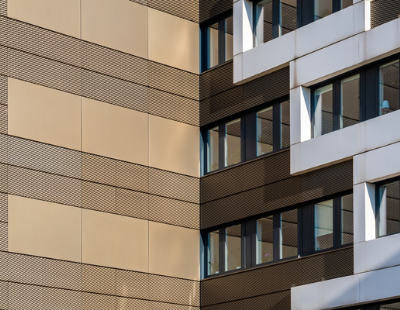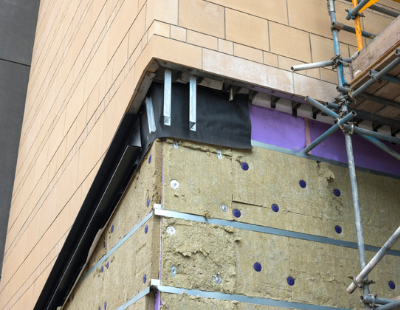
There has been criticism of the new Residential Development Tax, levied to fund remedial work on dangerous cladding on high rise blocks.
The tax had been announced in principle some months ago but Chancellor Rishi Sunak’s Budget yesterday revealed that the levy would be four per cent and would apply to those developers making in excess of £25m profit.
Some 31 residential developers reported profits of that scale in 2019.
However, while there appears widespread support for the remedial work to be done rapidly - and in some cases at least funded by developers - this specific tax has received some criticism from tax specialist consultancy Blick Rothenberg.
Heather Powell, a partner and head of property and construction at the consultancy, has asked why there is no tax relief for those developers who have already replaced cladding on the buildings they have built. “Where is the reward for a commitment to look after your customers and do the right thing?” she asks.
And she adds: “The Chancellor has created a huge moral quandary for any business where a similar crisis occurs in the future – should they do their best to correct the issues, or wait for the government to tax them? How many want to pay for errors twice?”
And her colleague Genevieve Morris says in a statement about the Budget: “It is disappointing but not surprising that the Chancellor is pressing ahead with his stealth tax on larger property developers.
“These are the businesses that the country need to rely on to meet housing demand, and to hit them with this tax increase, whether temporary or not, at a time where businesses are already facing an increase in the main rate of corporation tax from 19 per cent to 25 per cent in April 2023 and recovering from the Covid years, will be a huge blow.”














.png)


.png)




Join the conversation
Be the first to comment (please use the comment box below)
Please login to comment